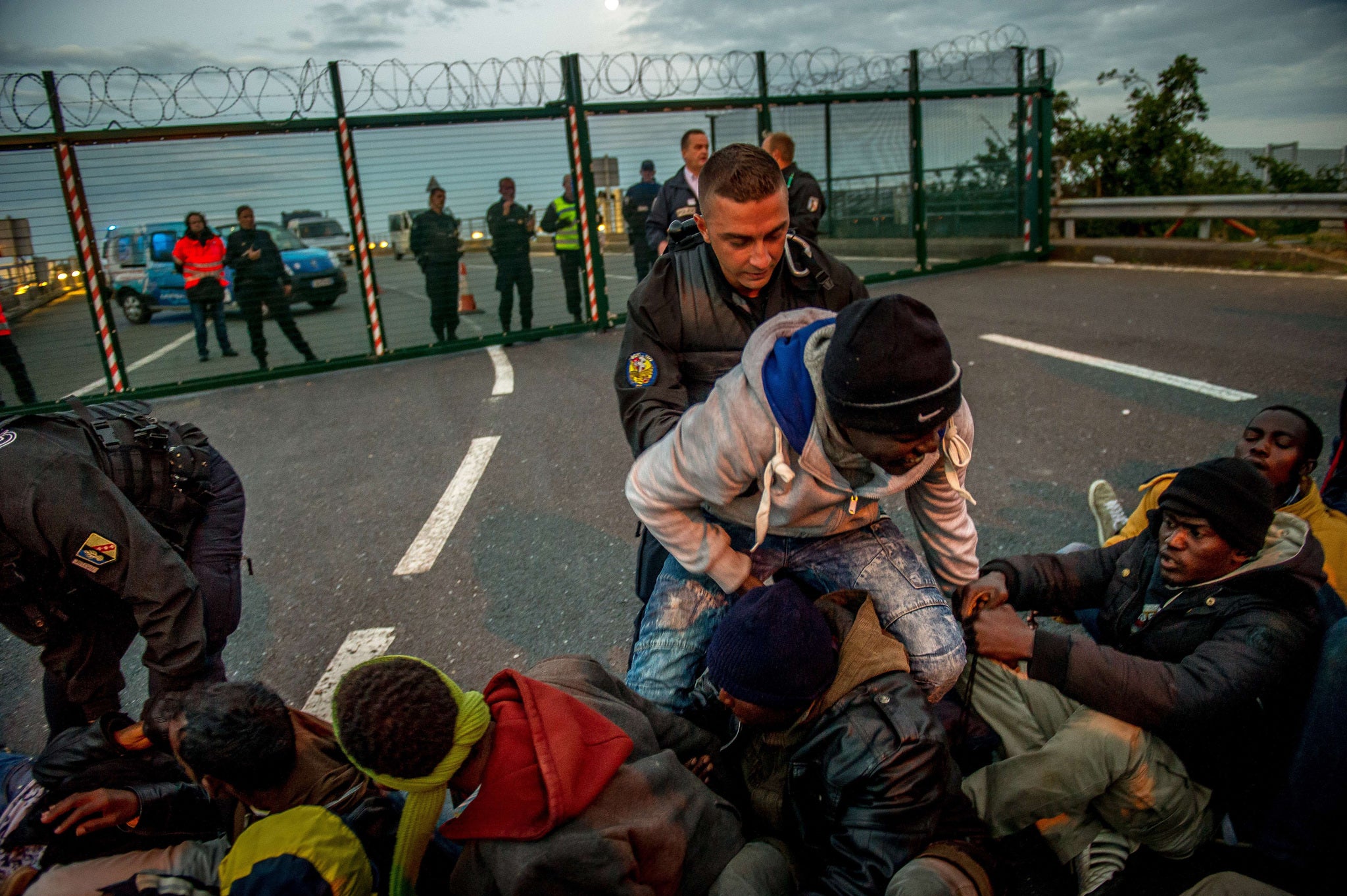We are now facing the greatest refugee crisis since WWII
Tackling trafficking isn't about dividing people, but promoting peace and nation-building


Your support helps us to tell the story
From reproductive rights to climate change to Big Tech, The Independent is on the ground when the story is developing. Whether it's investigating the financials of Elon Musk's pro-Trump PAC or producing our latest documentary, 'The A Word', which shines a light on the American women fighting for reproductive rights, we know how important it is to parse out the facts from the messaging.
At such a critical moment in US history, we need reporters on the ground. Your donation allows us to keep sending journalists to speak to both sides of the story.
The Independent is trusted by Americans across the entire political spectrum. And unlike many other quality news outlets, we choose not to lock Americans out of our reporting and analysis with paywalls. We believe quality journalism should be available to everyone, paid for by those who can afford it.
Your support makes all the difference.The shocking events in Calais this week are a reminder that we face the greatest refugee crisis since the Second World War with 55 million people in need of help.
While it is important to ensure we have secure borders and are able to work with the French to deal with the crisis at Calais, David Cameron’s divisive rhetoric does nothing to resolve the situation for the migrants nor frustrated holiday makers and lorry drivers. He would be wise to remember that what he describes as ‘swarms’ of people are often people who have been affected by conflict and persecution - desperate enough to attempt life-threatening journeys.
Over the past 2 years we have seen a tragedy unfolding in the Mediterranean. The UNHCR reported that 137,000 people crossed the Mediterranean between January and June 2015 and 1,867 died making the journey - more than triple the amount of the previous year. The government was wrong to withdraw from the Mare Nostrum Mediterranean rescue force saying that it acted as a pull factor. But right to realise they were wrong and participate in the new Mediterranean rescue force.
People fleeing conflict in Syria, Libya, and Eritrea are putting their lives at risk and into the hands of traffickers because the world is turning away at their hour of need. They are facing widespread human rights abuses and persistent conflict and insecurity at home.
On World Day Against Human Trafficking we must acknowledge that no country is immune from the scourge of trafficking – an estimated 2.5 million people are trapped in modern-day slavery. This figure includes 12,000 people in the UK - men, women and children who are forced to work against their will, sexually exploited or coerced into crime.
Tomorrow the Modern Slavery Act will come into force. It is designed to tackle the crime of human trafficking and provide support for survivors of trafficking, particularly women and children. Labour strengthened this Bill by forcing companies to report on their efforts to eradicate slavery in their supply chains.
Companies, workers representatives and civil society groups should work together to shine a light on supply chains and how to improve them. This is why in Government, Labour set up the Ethical Trading Initiative (ETI) to encourage industry to work with union and NGOs better to understand and address workers’ rights issues. ETI now has 84 members who employ over 10 million workers.
Tackling trafficking is also about focusing on the long-term task of peace building and nation-building, working in partnership with developing countries, and maintaining a focus on upholding human rights.
Trafficking is a global challenge and requires coordinated action between countries, businesses and civil society. Only then can we prevent people falling into the hands of smugglers and risking their lives.
Join our commenting forum
Join thought-provoking conversations, follow other Independent readers and see their replies
Comments